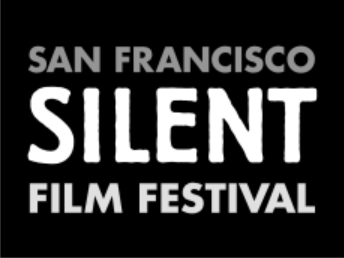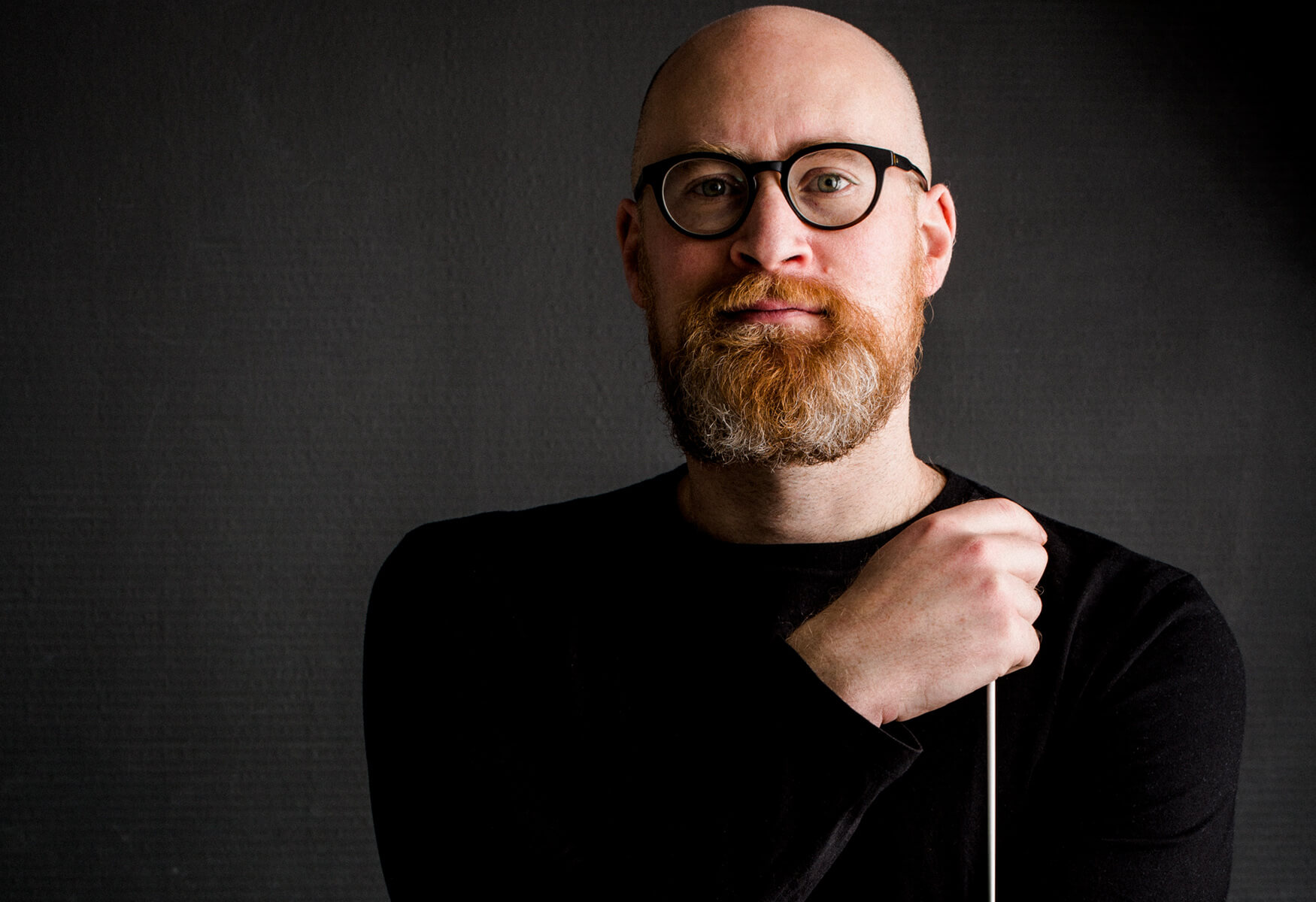A trumpeter and composer by training, London-based Ben Palmer is recognized as one of the world’s foremost conductors for “live-to-picture” performances, with a repertoire that spans the entire history of cinema. Personally authorized by John Williams, Steven Spielberg’s longtime composer, to conduct his scores live, Palmer has led orchestras for screenings of everything from the Star Wars trilogy to Jaws, Jurassic Park to Harry Potter. He has also built up an impressive silent-era repertoire of more than fifty films, having conducted Gottfried Huppertz’s score for Metropolis, Charlie Chaplin’s for The Gold Rush, Neil Brand’s for The Lodger, and Stephen Horne’s for Stella Dallas. He made his San Francisco debut this past November conducting for a screening of Top Gun: Maverick and, on January 11, makes his SFSFF debut, conducting Horne’s original score for Hitchcock’s last fully silent film, The Manxman. This event at Grace Cathedral will also be the first time he will conduct the Oakland Symphony.
How do you go about preparing a new orchestra?
Meeting a new orchestra is a little bit like a first date. I spend the first few minutes talking as little as possible and conducting as much as possible, allowing the players to get used to my gestures and trust my hands. Rehearsing a film with orchestra is particularly intense, because within a few moments I need to make the orchestra understand that I want my movements interpreted literally, so that I can keep them perfectly synchronized with the movie. In a classical context, often I’m in more of a guiding and shaping role, allowing the orchestra to move and breathe, rather than shepherding them to sync point after sync point. When the chemistry works it’s absolutely electric.
How is silent accompaniment different for you from live-to-picture for talkies?
Preparing a “talkie” live-to-picture is very different from a silent such as The Manxman. With a silent, the orchestra is the score, the underscore, often the special effects, and sometimes even the dialogue (in Metropolis, for example, the orchestra hammers out the spoken rhythm of the title card, “DU BIST NICHT MARIA!”). With a sound film, which usually involves a full symphony orchestra, I have to be very careful that the live music doesn’t overwhelm the track—the dialogue or special effects. For example, I’ve just conducted Top Gun: Maverick. I adapted the score for live performance, including doing much of the orchestration, and a big part of that was making sure that the orchestra drops down in volume so we hear Tom Cruise say something under his breath. It changes with every venue, every orchestra, every sound system, every film, but this “live mixing” makes film-with-orchestra shows utterly thrilling in performance.
Do you have a general philosophy about accompanying silent films?
Conducting silent movies is the purest form of film with orchestra. Unlike sound films, where I usually have some technology to help me stay in time—punches and streamers, and/or a click track—with silents I just watch with the audience and follow the visual cues on screen. It’s incredibly demanding and precarious and requires both meticulous preparation and a cool head on stage. What I love is that the freedom from technology allows me to conduct with true expression, molding and shaping the music in the moment to enhance the dramatic narrative of the film. And hopefully still get the snare drum rifle shots in the right place!
What was the very first film you conducted for?
The first film I conducted, in December 2013, and almost every Christmas since, is a beautiful 26-minute silent animation from 1982 called The Snowman scored by Howard Blake. It’s actually very tricky, with hundreds of sync points to hit, including a snowball hitting a window, lights switching on and off, a musical sneeze, a whale’s tail splashing, snowmen dancing and clapping in time to the music. Once I’d recovered from the shock of how difficult it was the first time, I fell in love with conducting to film.
You’ve also done your share of composing. Is it possible we’ll see a Palmer silent film original in the future?
Having now done the orchestrations for several films, including two stunning scores by Stephen Horne, I have a real desire to score my own silent film. I’ve never composed that much music (most silents are around 90 minutes of non-stop score). As I’m so immersed in music for screen—I also work in the recording studio for people like Hans Zimmer—I feel I’m finally in a good place to have a decent stab at it. I’m hopeful a commission may come in this season, for a premiere in fall 2025. Watch this space, as they say!
benpalmer.net / @conductorben

